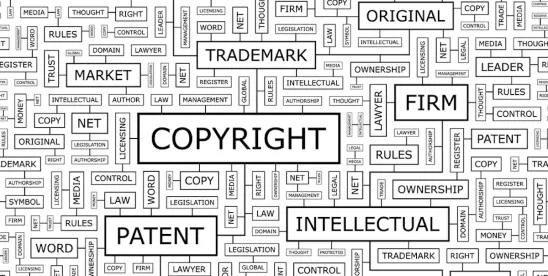This decision[1] emphasizes the significance of broader public dissemination to meet the statutory requirement of “publicly disclosed” for purposes of exceptions to prior art under 35 U.S.C. § 102(b)(2)(B).
Background
Sanho Corp. appealed a decision from the Patent Trial and Appeal Board (“the Board”) which found all challenged claims of U.S. Patent No. 10,572,429 (‘429 patent) unpatentable due to obviousness, relying on prior art that included U.S. Patent Application Publication No. 2018/0165053 (Kuo). The ‘429 patent pertains to a port extension apparatus for laptop computers, facilitating easy connections between computers and peripheral devices.
The Board decided whether an exception under 35 U.S.C. § 102(b)(2)(B) applied, which exempts from being prior art a disclosure found in a patent application or patent that was effectively filed after the inventor had “publicly disclosed” the subject matter. Sanho argued that the inventor had publicly disclosed the relevant subject matter before Kuo’s filing date through a private sale of a product embodying the invention.
The Board concluded that the private sale did not qualify as a “public disclosure,” thus Kuo remained prior art. The sale comprised a product called HyperDrive, sold privately from the inventor to Sanho’s owner before Kuo’s filing date. However, there was no evidence that this sale was publicized or that other sales occurred which could establish the invention’s public disclosure.
Issue
Whether a non-confidential, private sale results in an invention’s subject matter being “publicly disclosed” under section 102(b)(2)(B).
Holding
“Publicly disclosed” under § 102(b)(2)(B) necessitates a clear and observable disclosure to the public, not merely a non-confidential private sale.
Reasoning
The court highlighted that the term “publicly disclosed” should not be conflated with the broader disclosures under 35 U.S.C. § 102(a). Even though private commercial uses may qualify as invalidating public uses, they do not necessarily equate to a disclosure sufficient to be deemed “public” under § 102(b). Legislative history and statutory interpretation support a narrower understanding that aligns with public policy focused on promoting invention disclosure. Therefore, the Board’s determination that the private, non-confidential sale of the invention did not publicly disclose the relevant subject matter before Kuo’s effective filing date was affirmed.
FOOTNOTES
[1] Sanho Corp. v. Kaijet Technology International Limited, Inc No. 2023-1336 (Fed. Cir. July 31, 2024)



 />i
/>i

